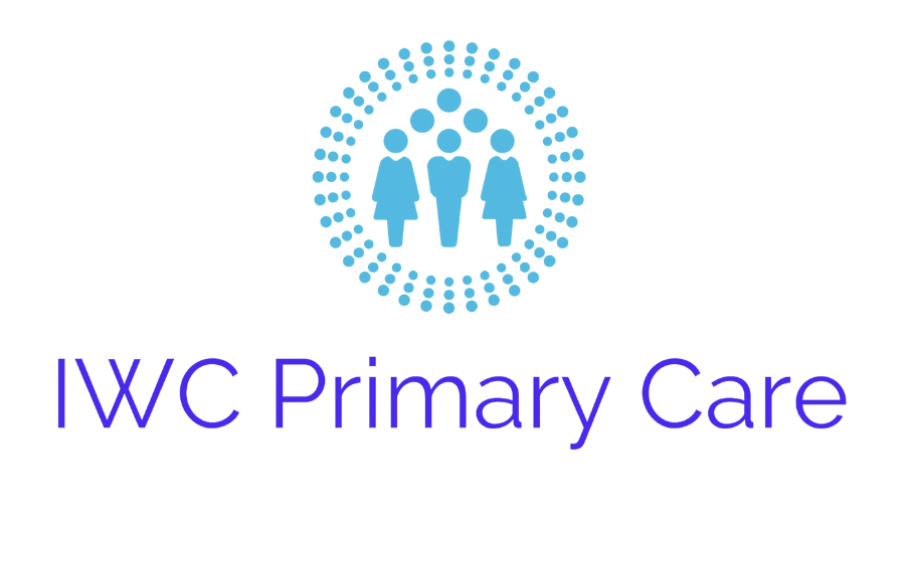Health disparities continue to be a major issue in the United States, with certain populations facing barriers to accessing quality healthcare. The disparities are often rooted in social determinants of health, such as income, education, race, and ethnicity. In order to address these disparities, primary care practices play a crucial role in providing equitable healthcare services to all patients.
Primary care practices serve as the first point of contact for patients seeking medical care. They are responsible for managing a wide range of health issues, from preventive care to chronic disease management. However, not all primary care practices are equipped to address the unique needs of diverse patient populations. This is where the concept of addressing health disparities in primary care practices becomes essential.
One way to address health disparities in primary care practices is to ensure that all patients have access to primary doctors that take medicare. Medicare is a federal health insurance program that primarily serves individuals aged 65 and older, as well as some younger individuals with certain disabilities. It is important for primary care practices to accept Medicare in order to provide affordable healthcare services to elderly and disabled patients who rely on this program for coverage.
By accepting Medicare, primary care practices can expand their patient base and reach more individuals who may be marginalized or underserved. This can help reduce disparities in healthcare access and outcomes, as Medicare patients often face challenges in finding primary care providers who accept their insurance. By welcoming Medicare patients, primary care practices can create a welcoming and inclusive environment for individuals from all backgrounds.
In addition to accepting Medicare, primary care practices can also implement culturally competent care practices to address health disparities. This involves understanding and respecting the cultural differences of patients, and incorporating them into the delivery of healthcare services. By providing culturally competent care, primary care practices can build trust with patients and improve health outcomes.
Furthermore, primary care practices can partner with community organizations and social service agencies to address the social determinants of health that contribute to disparities. By connecting patients to resources such as food assistance, housing support, and transportation services, primary care practices can help patients overcome barriers to accessing healthcare.
In conclusion, addressing health disparities in primary care practices requires a multifaceted approach that includes accepting Medicare, providing culturally competent care, and collaborating with community partners. By taking these steps, primary care practices can play a key role in promoting health equity and improving the overall health of their patient populations.
For more information visit:
IWC Primary Care, An Innovative Wellness Clinic
https://www.iwcprimarycare.com/
IWC Primary Care, An Innovative Wellness Clinic prides itself on caring for patients by carefully diagnosing illnesses, prescribing appropriate medications, and providing appropriate follow-up care.
We take a patient-centered approach to healthcare. Our commitment to excellence is evident from the moment our patients step through our doors; they are greeted with warmth and kindness by front office staff before being ushered into an appointment setting where professional, yet friendly primary care providers offer personalized attention and compassionate support. At our health care facility, we recognize the importance of giving each patient a tailored and personalized experience.
Our passionate clinical team strives to provide top-tier services that prioritize everyone’s unique needs. We integrate both conventional and integrative medicine into our treatment plans for maximum efficacy in addressing potential issues before they can arise. During your appointment we promise a fully attentive experience focused on listening and understanding all concerns regarding your wellbeing.
In a world filled with choices in healthcare, we recognize that healthcare is not a one size fits all endeavor. In our combined experience of more than 25 years, we have the knowledge and skill to listen carefully, to elicit information, and to provide the patient with the highest level of care so that the patient receives the optimal treatment options that are based on the diagnosis and current research. To ensure that our patients’ advanced medical needs are met, we regularly refer them to specialists such as cardiologists and gynecologists.
Our services are offered throughout San Diego, as well as throughout California via telehealth as Primary Care Providers. We accept health insurance plans such as Medicare, Tricare Prime, Tricare Select, Aetna, and United Health Care.
In order to increase access to quality healthcare and improve the health outcomes of individuals, our primary objective is to become a preferred partner in primary care. Allow us to be your resource for better health. We are providers that listen, providers that care.

